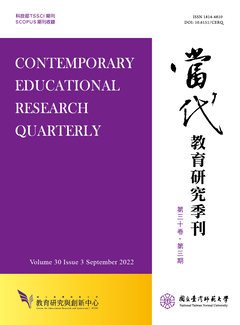

Encouraging parental involvement in school education has been one of the educational reforms in Hong Kong in recent years. This article reports on a qualitative case study research which explores how social class differences affect parental involvement in children's education. The samples of the study include eight parents from six families of different social backgrounds in a primary school. Through in-depth interviews, the investigator explores and interprets the perceptions and experiences of both middle class and working class parents in participating in their children's schooling process so as to compare how their involvement is influenced by their social positions. Eight categories of propositions emerged from the qualitative data collected, including choosing secondary school for children, home rules, division of labor in participation, social network, capability difference in participation, parent-teacher relations, understanding of complaints and purposes of participation. The findings indicate that working class parents were in a less favorable situation than their middle-class counterpart when involving themselves in their children's schooling process.

This work is licensed under a Creative Commons Attribution-NonCommercial 3.0 Taiwan License.
Center for Educational Research and Innovation, National Tawain Normal University
162, Ho-Ping East Rd, Sec. 1, Taipei, Taiwan | Tel:+886-2-7749-3670 | E-mail: cerecerq@gmail.com
CERI | NTNU | E-mail Alerts | Open Journal System
© 2014 CERI-NTNU
